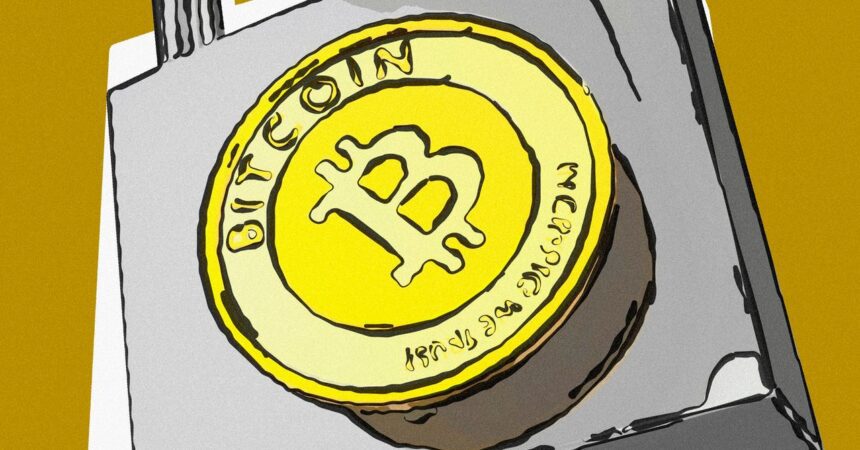He proposed the creation of a reserve aimed at mitigating the erosion of purchasing power attributed to inflation in the US dollar. On Thursday, Sacks reiterated this argument, sharing on X, “The U.S. will not liquidate any bitcoin held in the Reserve. It will serve as a store of value. The Reserve is akin to a digital Fort Knox for the cryptocurrency often referred to as ‘digital gold.’”
The initiative to form a reserve was met with enthusiasm from cryptocurrency proponents, who viewed it as a sign of newfound legitimacy for their industry and anticipate financial gains from what essentially constitutes a commitment by the US government not to negatively impact bitcoin prices by flooding the market with substantial sales.
However, the proposal has puzzled economists, who argue that it is predicated on two flawed notions: that bitcoin’s price will inevitably increase, and that the government would be able to sell bitcoin back into US dollars without causing the market to crash. Opting to accumulate bitcoin seized by law enforcement rather than sell also incurs an opportunity cost; unlike stocks and bonds, bitcoin does not generate income, making it an expensive asset to retain.
“Maintaining a reserve limited to bitcoin owned by the government is less problematic [than using taxpayer money to buy more coins], but still expensive,” remarks George Selgin, director emeritus at the Center for Monetary and Financial Alternatives at the Cato Institute, a US think tank advocating libertarian values. “There is fundamentally no sound justification for this.”
Simultaneously, Democratic lawmakers have expressed concerns about potential conflicts of interest tied to prior investments made by Sacks and other figures from the Trump administration in the cryptocurrencies intended for inclusion in the US reserves. “Legislators deserve leaders who will prioritize the public’s interest over their personal financial gains,” stated Elizabeth Warren, senator from Massachusetts, in a letter addressed to Sacks on March 6.
One potential outcome of Trump moving forward with the crypto reserve initiative is that individual US states and other countries may pursue the establishment of their own reserves, suggests Hillmann. “I anticipate that US states will also begin to acquire these assets. If the federal government is going to hold them, states are likely to follow suit,” notes Hillmann. “And you know what? Other nations around the world will likely do the same. The United States has always set the standard in finance.”
Already, lawmakers in states such as Texas, Ohio, and New Hampshire have put forth legislation that would enable their state treasuries to purchase bitcoin; similar movements have emerged among politicians and leaders in Brazil, the Czech Republic, Hong Kong, and beyond.
Once the two federal crypto reserves have been established, particularly if Trump is successful in solidifying them into law, it is unlikely they will ever be dismantled—sustained by the same political forces that initiated their creation. The significant flow of funds from the crypto sector used to advocate for these reserves, claims Selgin, will be directed toward any politician who might attempt to put these assets to use.
“Even if either reserve appreciates [in value], there’s no guarantee that the government would capitalize on that appreciation by selling,” asserts Selgin. “In fact, it seems likely that the very individuals in the crypto community who lobbied for their establishment will also vigorously oppose any efforts to realize those gains. They are primarily concerned with their own financial returns.”










